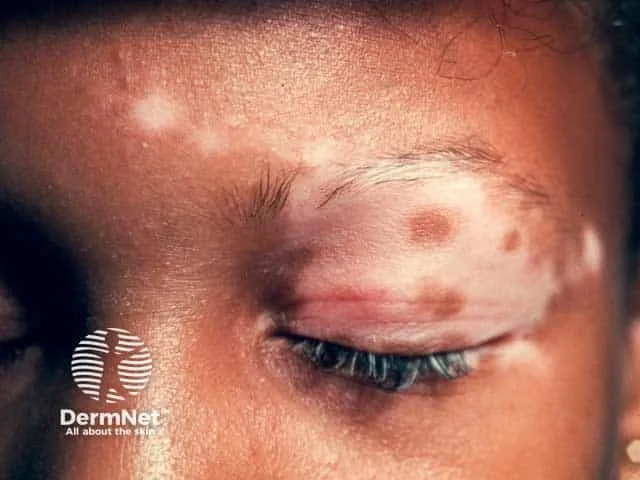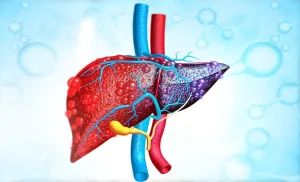Vitiligo: Addressing the Mental Health Gap Beyond Physical Activity
Recent research highlights that simply increasing physical activity might not be enough to support the mental and emotional well-being of individuals living with vitiligo. This emphasizes the importance of incorporating specialized mental health support into their care plans.
Understanding the Psychosocial Needs
Vitiligo, a condition characterized by skin depigmentation, can significantly impact a person’s self-esteem and social interactions. The visible difference in appearance can lead to:
- Anxiety and stress related to social situations
- Feelings of self-consciousness and body image issues
- Potential for social isolation and reduced quality of life
The Limitations of Physical Activity
While physical activity offers numerous health benefits, including improved mood and reduced stress, it may not directly address the specific psychosocial challenges faced by vitiligo patients. These challenges often require targeted interventions.
The Importance of Mental Health Support
Integrating mental health care into vitiligo treatment can provide individuals with the tools and strategies they need to cope with the emotional and social aspects of the condition. This may include:
- Counseling or therapy to address self-esteem and body image concerns
- Support groups to connect with others who understand their experiences
- Cognitive behavioral therapy (CBT) to manage anxiety and negative thoughts
A Holistic Approach to Vitiligo Care
A comprehensive approach to vitiligo care should consider both the physical and psychological well-being of the individual. This involves a combination of medical treatments, lifestyle modifications, and mental health support to promote overall health and quality of life.
Final Words
Focusing solely on physical activity may overlook the crucial psychosocial needs of vitiligo patients. By incorporating targeted mental health care, we can ensure that individuals receive comprehensive support that addresses all aspects of their well-being, leading to improved mental health and overall quality of life.




+ There are no comments
Add yours